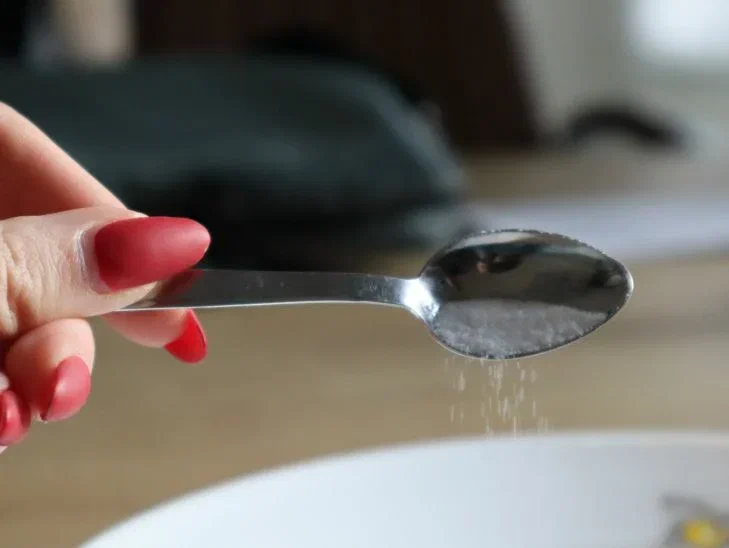- Gradual decline
- Use of aromatic herbs and spices
- Limiting the consumption of processed foods
- Carefully studying nutrition labels
- Making homemade sauces and dressings
- Add less salt during cooking
- Using salt alternatives
- Reduce consumption of salty snacks and junk food
- Using refreshing alternatives
- Learning new recipes
How to Eat Half Less Salt: 10 Effective Tips
It is not by chance that salt is called "white death". And who can completely give up salt in their diet?
This ingredient seems essential, but it's not that simple. You can reduce your salt intake without losing the taste and enjoyment of your food.
Gradual decline
It is important to start slowly and gradually reduce the amount of salt in the food you cook. Your taste buds need to get used to the new level of salt as you gradually reduce the amount.
Use of aromatic herbs and spices
Instead of salt, you can add a variety of aromatic herbs and spices to your dishes, such as:
• basil;
• oregano;
• rosemary;
• garlic;
• ginger;
• turmeric and others.

These spices will help maintain optimal taste and aroma.
Limiting the consumption of processed foods
Processed foods often contain large amounts of salt. It is necessary to limit their consumption and give preference to fresh or naturally processed foods.
Carefully studying nutrition labels
Carefully read nutrition labels on food packages and choose those that contain less salt. Pay particular attention to sodium content.
Making homemade sauces and dressings
You can make homemade sauces and dressings to control the amount of salt you add, allowing you to enjoy the flavors of your food without the added sodium.
Add less salt during cooking
Try cooking without adding salt, relying on the natural flavors of ingredients and aromatic additives.
Using salt alternatives
It is possible to use alternatives to salt, such as:
1) seaweed;
2) low sodium salt substitutes;
3) green algae.
They will help add flavor to dishes without adding excess sodium.
Reduce consumption of salty snacks and junk food
It is important to avoid overeating salty snacks and snacks such as chips, salted nuts and popcorn. These can always be replaced with healthy alternatives such as fresh fruit, nuts or vegetable snacks.
Using refreshing alternatives
There are also refreshing alternatives to the salty taste. The most popular include:
• sour marinades;
• lemon juice;
• vinegar sauces.
They will add brightness and piquancy to dishes.
Learning new recipes
You can also learn new recipes and cooking techniques that will help you create delicious dishes with minimal salt content.
This simple step will help maintain heart health and overall health.
Previously, we talked about how the apple diet affects weight loss.
